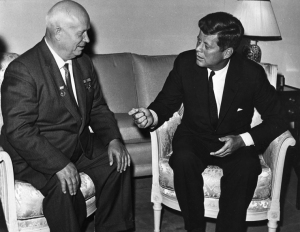
Photo (cc) 2015 by Gage Skidmore
The Jan. 6 select committee’s decision to ask Sean Hannity to testify carries with it a few nettlesome details.
The Fox News star’s lawyer, Jay Sekulow, has already invoked the First Amendment. But there is, in fact, no constitutional protection for journalists who are called to testify in court or, in this case, before a congressional committee. The problem, as the Supreme Court explained in its 1972 Branzburg v. Hayes decision, is that granting such a privilege requires defining who’s a journalist and who isn’t. And the First Amendment belongs to everyone.
That said, the government is generally loath to force journalists to testify because of the chilling effect it would have on the ability of news organizations to operate as independent monitors of power. It would be well within bounds for the committee to decide that Hannity is not a journalist. He was a close confidant of Donald Trump when Trump was president, was a featured speaker at a Trump rally and, in his communications with the White House, made it clear that he was a member of Team Trump.
But this brings us back to one of the central dilemmas of the Trump years. Hannity’s behavior was so over the top that it’s easy to say he’s not a journalist. Still, you can be sure that Trump’s defenders will point to far more ambiguous situations and say, “What about?” Ben Bradlee’s friendship with President John F. Kennedy comes to mind, as does Walter Lippmann, the ultimate insider.
The problem facing members of the select committee is that if they subpoena Hannity and other Fox News personalities, they would do so in the certain knowledge that Republicans will claim a precedent has been set and abuse it as soon as they’re in a position to do so. I have little doubt, for instance, that New York Times executive editor Dean Baquet and former Washington Post executive editor Marty Baron would be forced to testify about their papers’ coverage of the Russia scandal.
Which is why the select committee is hoping that Hannity will accept its invitation to testify voluntarily. If he refuses (as he almost certainly will), then it will have to decide whether to issue a subpoena — a move that could have far-reaching consequences.

